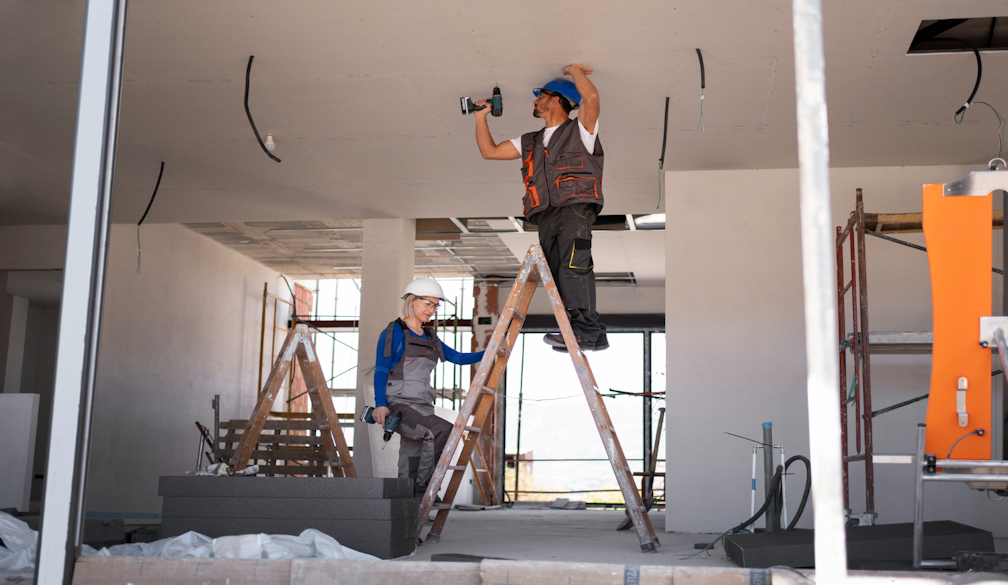Renovate or Build New? Making the Right Choice for Your Home Project

Deciding between renovating an existing home or building a new one is a significant undertaking for homeowners. Each option presents unique advantages and challenges that require careful consideration. This essay explores the factors to weigh when making the decision between renovating and building new, helping homeowners determine the best course of action for their home project.
Assessing Your Current Home
Before making a decision, it's essential to assess the condition and potential of your current home. Evaluate the structural integrity, layout, and functionality of the existing space. You could talk to renovation professionals like Sunshine Coast home builders, who may have ideas on the opportunities and limitations of your home. Consider factors such as the age of the home, its architectural style, and any limitations or challenges that may arise during renovations.
Renovating Your Existing Home
Renovating offers the opportunity to update and improve your current home while preserving its character and charm. Consider which areas of the home require attention, such as outdated kitchens or bathrooms, inadequate storage space, or inefficient layouts. Explore renovation options, such as cosmetic updates, structural alterations, or room additions, to enhance the livability and value of your home.
Factors to Consider When Renovating
- Cost: Determine the budget for your renovation project, considering factors such as materials, labor, permits, and unexpected expenses.
- Timeline: Assess the timeframe for completing the renovation, taking into account the scope of work, contractor availability, and potential disruptions to daily life.
- Resale Value: Consider how renovations will impact the resale value of your home, focusing on improvements that appeal to potential buyers and align with market trends.
- Sustainability: Explore eco-friendly renovation options, such as energy-efficient appliances, sustainable materials, and passive design strategies, to reduce environmental impact and lower utility costs.
Building a New Home
Building a new home offers the opportunity to design a custom space tailored to your specific needs, preferences, and lifestyle. Consider factors such as location, lot size, zoning regulations, and architectural style when selecting a site for your new home. Collaborate with architects, designers, and builders to create a personalized floor plan and select features and finishes that reflect your vision for the home.
Factors to Consider When Building New
- Budget: Establish a budget for your new home construction project, accounting for land acquisition, design fees, construction costs, permits, and landscaping.
- Design Flexibility: Take advantage of the design flexibility afforded by building new, exploring innovative layouts, architectural styles, and sustainable building practices.
- Timeframe: Anticipate the timeline for building your new home, considering factors such as site preparation, permitting, construction phases, and weather conditions.
- Long-Term Value: Evaluate the long-term value and return on investment of building new, focusing on features and amenities that enhance comfort, efficiency, and resale potential.
- Site Considerations: Assess site-specific factors such as topography, soil conditions, environmental regulations, and utility access when planning your new home construction.
Making the Decision
Ultimately, the decision to renovate or build new depends on your unique circumstances, priorities, and preferences. Consider factors such as budget, timeline, design flexibility, and long-term goals when weighing your options. Consult with professionals, such as architects, builders, and real estate agents, to gather insights and guidance to inform your decision-making process. Whether renovating an existing home or building a new one, prioritize creating a space that aligns with your vision and enhances your quality of life for years to come.
Learn more here regarding services that can help your home be the one you've dreamt of.







